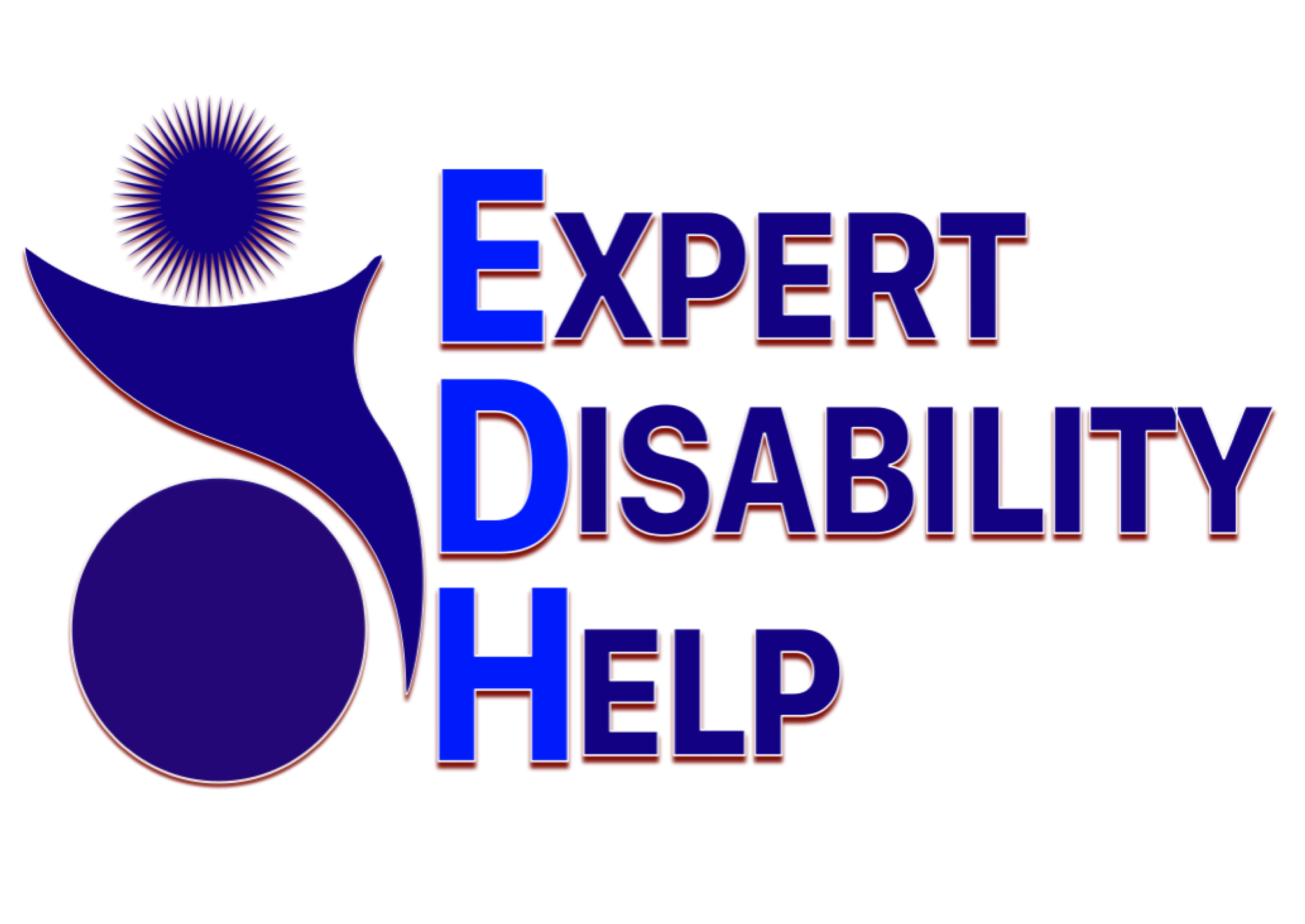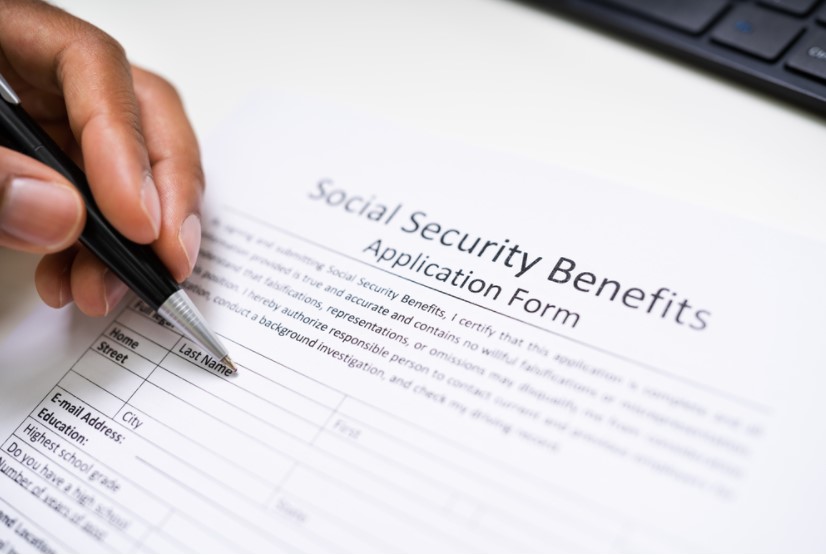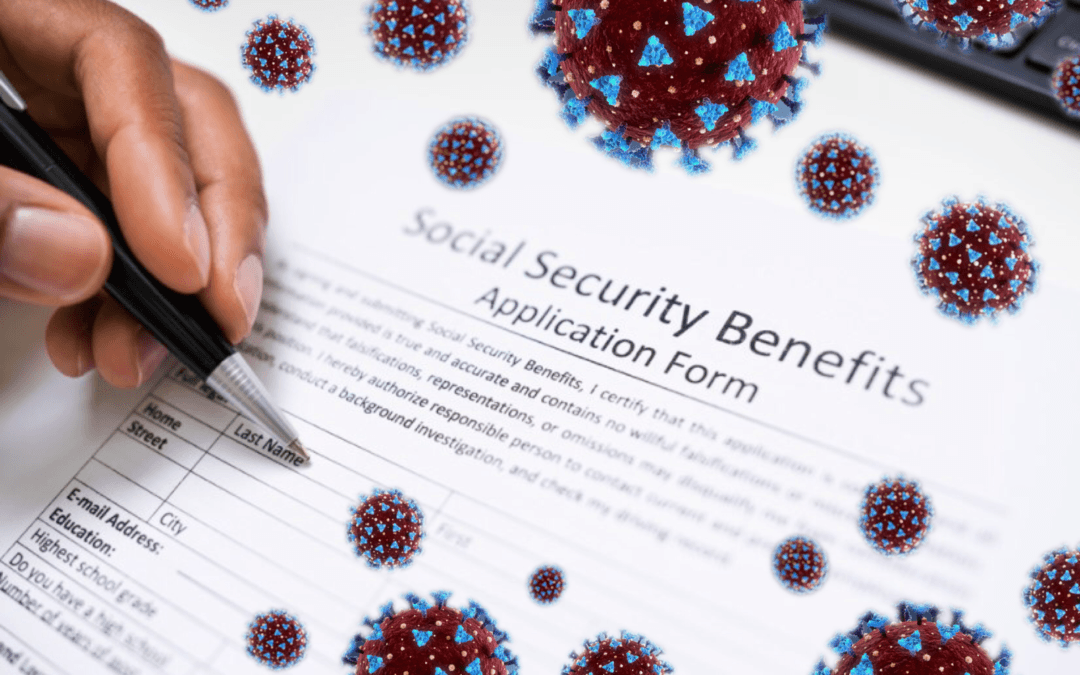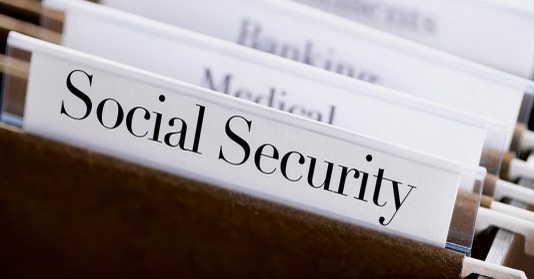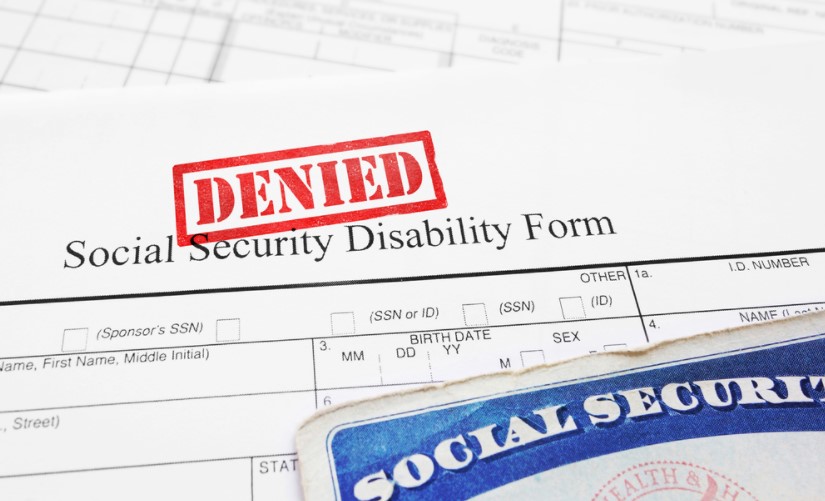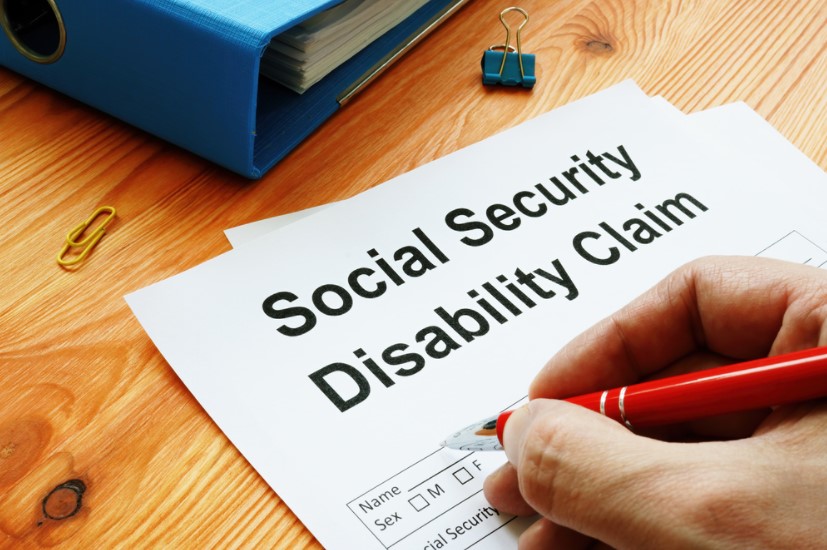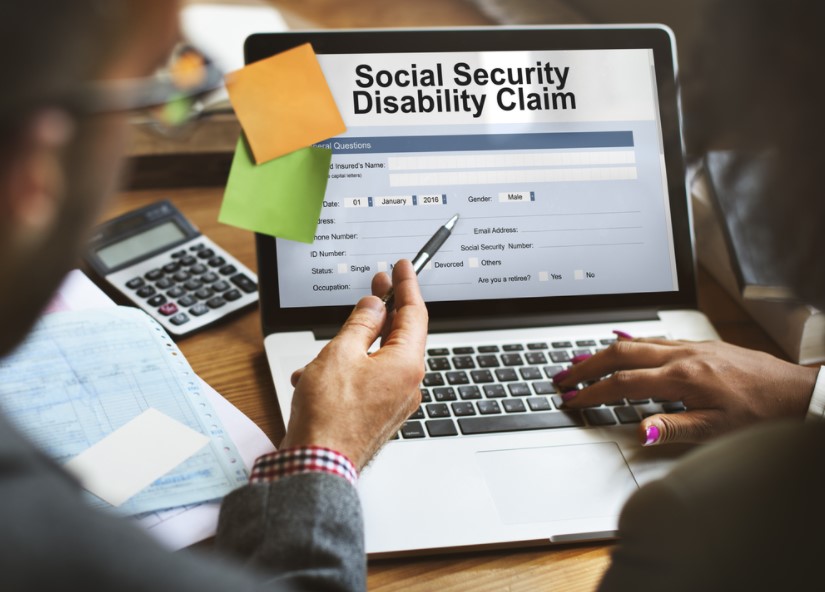Medical Records are the key to winning your disability claim. If possible, you should send copies of your medical records with your application (not mandatory). If you are applying for Social Security, SSA- Form-827 is an essential form to sign. Note your authorization only lasts one year. If your claim goes beyond that time, you may need to sign a new form.
Form-SSA-827
The Authorization To Disclose Information To The Social Security Administration (Form-SSA-827) allows your records to be obtained by the Social Security Administration (SSA). This form enables the Disability Examiner (DE) assigned to your claim to request your records from all providers who may have performed treatment.
Therefore, it is essential to list all of the medical providers that may have your records. Do not fail to list hospitals, clinics, and imaging centers that may have treated you.
Necessary Information
If your medical records do not provide all the necessary information to support your claim, you may be sent to a doctor that works for the SSA for an examination. This examination is called a Consultative Examination (CE). If this type of examination can be avoided it’s best.
Complete, Supportive and Proper Designation
CE are rarely in your favor. The physicians that perform these examinations rarely take the time to read your medical records. Complete and properly documented medical records can help you avoid a referral to a Consultative Examiner (CE). If you are assigned to complete a CE you must keep the appointment. If you do not, your claim may be in danger.
Gathering Your Own Medical Records
As soon as you consider applying for disability you should begin the process of gathering your hospital records, procedure records, clinic notes, etc. You are not required to obtain your own medical records. The SSA will do that for you.
A Copy Of Your Medical Records
However, the importance of having a copy of your own medical records cannot be stressed enough. You get a chance to view all of your medical information. You may discover mistakes in your records. These mistakes can be corrected by contacting the medical records department.
Send A Copy Of Your Medical Records
This does not preclude the SSA from obtaining your medical records. If you do have your own copy you can send the medical records that you may have along with a signed copy of the disability application.
If the DE has a copy of your records ahead of time, this may hasten your approval because there is “no waiting” for your medical records. Plus, you may have reviewed the records for any mistakes.
If you discover a mistake, send a corrected copy to your DE if you feel the error is significant enough. Errors can cause denials. Each time you send any medical records to Social Security, make sure your name and social security number are on each page.
Documents Obtained By The DE
The Disability Examiner (DE), who requests your records, may not always follow up to ensure all documents have been received. Disability examiners may have a hundred or more cases. They don’t have time to make sure every one of your providers has submitted the records requested.
Make Sure Medical Records Were Received by The DE
Medical Records represent your entire claim. After 30-45 days, it is essential to follow up with each medical provider to make sure your records have been sent. Stress upon your providers how important it is for your records to be sent to complete your disability application.
Making Contact With Your Disability Provider
You can contact the DE to discuss your medical records. It is essential to determine if they have received all the requested records. This can be accomplished by comparing your list of medical records with the records obtained by the disability examiner.
The DE may make decisions based on the information they have received (this is not what you want to happen). When it is time to make a final decision on your claim, the medical records already obtained may be considered “sufficient enough.”
However, “sufficient enough” may not win your claim. As a result, your claim can be denied. In some cases, disability examiners have admitted that one procedure or progress note can make a difference in whether you win or lose your claim.
There are five steps by which your claim can be delayed due to medical records:
1) The Authorization To Disclose Information To The Social Security Administration Form 827. This is the initial form used to obtain your records. Problems may occur with this form. It may not be signed or all the necessary providers were not included. You must include all of your medical providers, with correct names and addresses.
2) A medical records request can sit on a desk at a doctor’s office or in the medical record’s office at a hospital for weeks if no one insists that the request be processed. It’s your job to make sure that doesn’t happen. Most providers request thirty days to complete a request.
3) If there is a glitch in your medical authorization request (wrong provider, incorrect facility, or the requested records are unavailable) this can delay your claim.
4) The disability examiner will put your claim to the side if there are missing gaps in medical records. A preliminary decision may be issued without all the documentation.
5) If you have more than one provider, the failure of one provider who does not supply your records can cause your claim to be denied.
Conclusion
If you discover for some reason that your records are not being released, you need to contact the facility that has your records right away. Likewise, if your doctor’s office doesn’t want to release your records for some reason, you need to find out why.
Many times doctors have an excuse for not releasing records like you may owe money. Psychiatrists, Psychologists, and clinical therapists don’t like to release their therapy notes due to the confidentiality of their treatment.
Ask your doctor to write a medical summary (medical source statement) letter regarding your treatment if this is the case. Or you can agree to have your confidential information released. In addition, some doctor’s offices will not release records if the patient owes a bill.
Try to negotiate with your treatment providers to release your records in a timely fashion. However, if you have continued problems obtaining your medical records, you may need to consider finding another alternative. There is nothing more important than your medical records to obtain your disability benefits.
